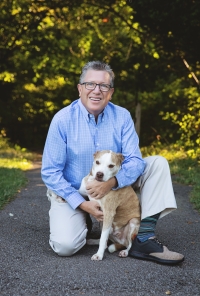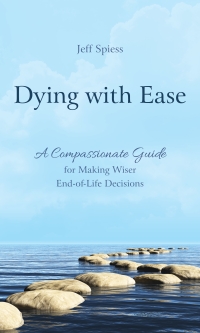Ukraine & Things Worse than Death
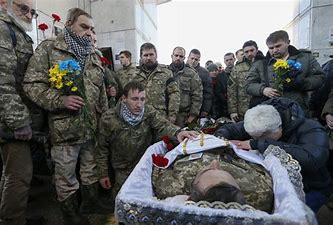 We have all seen the gut-wrenching images, heard the stories of valiant heroism, personal sacrifice, and devastating tragedy. In terms of casualties, destruction, and human tragedy, the war in Ukraine is far from unique, yet for me at least, it somehow seems more personal, perhaps even more threatening. The Russian invasion gives me a sense of moral clarity; like a Disney movie, it is easy to pick out the bad guy. But unlike characters in the fantasy world of animation, most of us are experiencing a feeling of impotence because of the size of this bully, the consequences of this threat.
We have all seen the gut-wrenching images, heard the stories of valiant heroism, personal sacrifice, and devastating tragedy. In terms of casualties, destruction, and human tragedy, the war in Ukraine is far from unique, yet for me at least, it somehow seems more personal, perhaps even more threatening. The Russian invasion gives me a sense of moral clarity; like a Disney movie, it is easy to pick out the bad guy. But unlike characters in the fantasy world of animation, most of us are experiencing a feeling of impotence because of the size of this bully, the consequences of this threat.
The heroic response of individual Ukrainians: lawyers, janitors, and florists who train in tactics and with assault rifles, women who tell the Russian invaders to put sunflower seeds in the pockets so flowers will grow after they die, children who march and sing waving blue and yellow flags, and elderly citizens who bake bread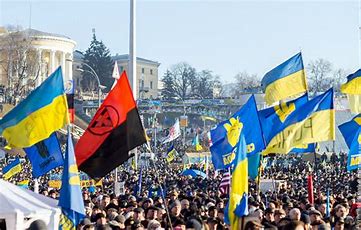 and make Molotov cocktails, all who demonstrate their love of nation and of each other, also proclaim loudly as they risk their lives that there are things worse than death. There are values that are more precious than life itself. There are situations that are so horrible to imagine living through that the idea of dying is less repellent.
and make Molotov cocktails, all who demonstrate their love of nation and of each other, also proclaim loudly as they risk their lives that there are things worse than death. There are values that are more precious than life itself. There are situations that are so horrible to imagine living through that the idea of dying is less repellent.
Most of us, in one way or another, personalize the images and information from the war zone, perhaps imagining what it would feel like, what we might do if we were faced with a similar threat. But for most of us, we must admit this is really hypothetical and therefore what ideas we come up with are of little practical significance.
In his excellent book, Being Mortal, Dr. Atul Gawande suggests the value of asking ourselves what life situations are so unacceptable that dying might be preferable. His advice is for those facing potentially ominous medical treatment choices, thinking about whether to, say, go for the fourth different chemotherapy treatment, get put on a ventilator for COVID pneumonia in the midst of a pandemic, or even to move out of an increasingly unsafe solo life in the old house to an assisted living facility. Though these scenarios may seem far removed from the front lines of invasion and guerrilla resistance tactics, the question is essentially the same one: life is immensely precious, but is there anything more precious to me than my life? Death is a terror, but what might be even more terrible?
These are difficult, perhaps impossible questions, and no one knows for certain what they will do until 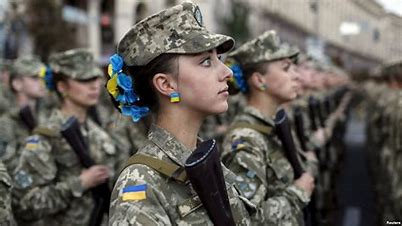 they are demanded to make their choice. But, like the Ukrainian cobbler or store clerk hearing increasingly strident threats of imminent invasion, when each of us must make potentially survival-affecting decisions about ourselves and our care, we will hopefully base our verdict on what we prize and what we dread.
they are demanded to make their choice. But, like the Ukrainian cobbler or store clerk hearing increasingly strident threats of imminent invasion, when each of us must make potentially survival-affecting decisions about ourselves and our care, we will hopefully base our verdict on what we prize and what we dread.
So, to honor the Ukrainian patriots today, think about your own life. What gets you out of bed in the morning, sustains you through the day? Who or what touches your being? What makes your life sing? What might me more vital to you than your own life? And then, celebrate that you have them.
